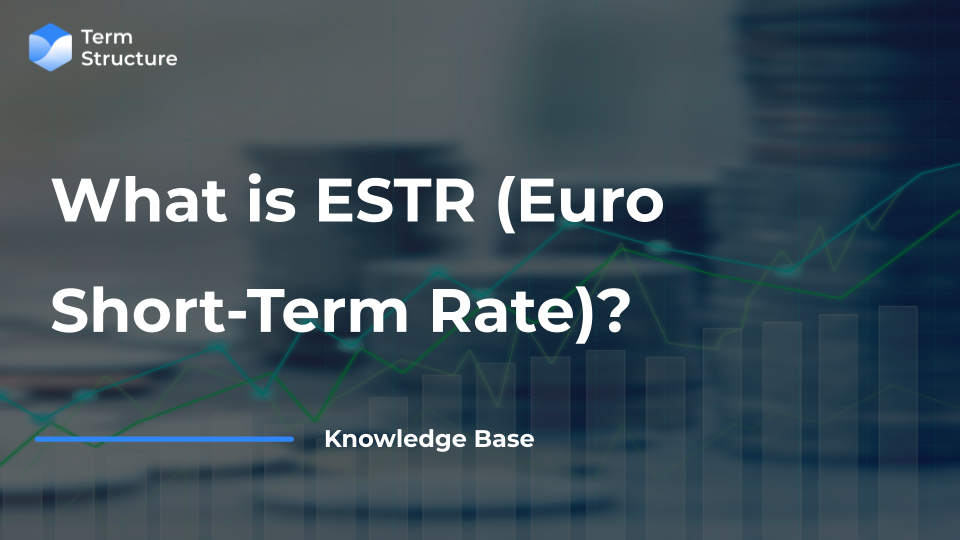What is ESTR (Euro Short-Term Rate)?

ESTR, or the Euro Short-Term Rate, is a benchmark interest rate that serves as an alternative to LIBOR (London Interbank Offered Rate) for Euro (EUR)-denominated transactions. ESTR reflects the wholesale euro unsecured overnight borrowing costs of banks within the euro area. ESTR is based on the actual transaction data of euro-denominated unsecured overnight lending in the wholesale market. The underlying market for ESTR comprises a diverse group of banks participating in the euro money market.
Similar to other risk-free rates, such as SONIA, ESTR is based on unsecured transactions, meaning that the lending is not collateralized by specific assets. It represents the interest rate at which banks lend to each other on an unsecured basis overnight. ESTR is intended to be a key reference rate for the euro area and is used in various financial products, including derivatives, loans, and other contracts.
ESTR is calculated as a volume-weighted average of all transactions in the euro unsecured overnight market. The European Central Bank (ECB) compiles and publishes ESTR daily, reflecting the weighted average rate of the previous day's transactions. The rate is then published at 8:00 a.m. Central European Time (CET).
There have been discussions and efforts to develop additional tenors for ESTR. The extension to different tenors beyond the overnight rate is aimed at providing a reference rate for a wider range of financial products with varying maturities.
